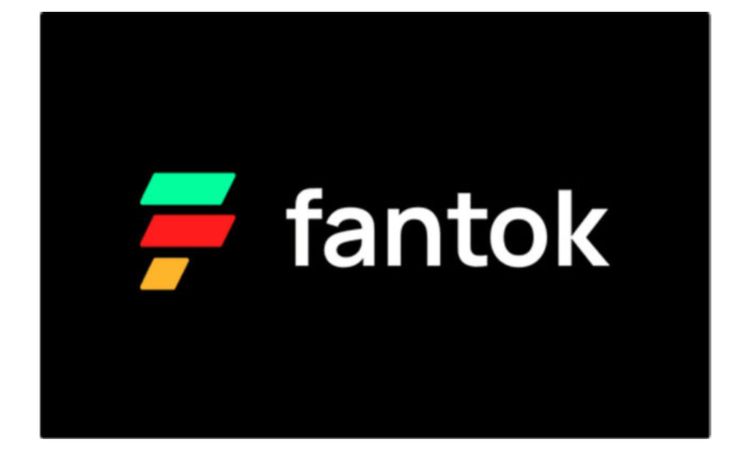Fantok, a real money gaming startup, has temporarily ceased operations due to India’s new 28% GST on gaming startups. The evolving regulatory environment and tax burdens prompted this move. The pause aims to realign the company’s direction while similar startups like MPL and Hike have also faced repercussions from the GST decision.

Fantok, a startup focused on real money gaming, has halted its operations due to the recent imposition of a 28% Goods and Services Tax (GST) on gaming startups. The shifting regulatory landscape for real money gaming in India has introduced complex legal hurdles, compelling Fantok to reconsider its future trajectory.
The challenges have been exacerbated by the addition of a 28% GST on the total realized amount, alongside elevated Tax Deducted at Source (TDS) rates and complications with payment gateways. Furthermore, the substantial expenses associated with converting customers have strained the company’s resources considerably. As a response to these circumstances, Fantok has made the challenging decision to temporarily suspend its operations.
This pause will provide the necessary time to explore a strategic shift that aligns with both the evolving regulatory environment and the company’s mission to provide meaningful experiences.
Established in 2022 by Ronak Ahuja, Prakhar Saxena, and Ashok Vishwakarma, Fantok, based in Gurugram, offers a social gaming platform for real money binary prediction games. These games are hosted by social media creators within short videos. Within just three months of its launch, Fantok achieved over 15,000 downloads and fostered a community of more than 130 creators.
Fantok is not alone in facing the repercussions of the 28% GST decision. Earlier this month, Mobile Premier League (MPL), a gaming unicorn, made the tough call to reduce its workforce by 350 employees. MPL’s CEO, Sai Srinivas, highlighted that the new tax has escalated the company’s tax burden by a significant margin, around 350-400%. In a similar vein, web3 gaming startup Hike downsized its team by 25%, while Spartan Poker, an online gaming platform, let go of 125 employees.
The GST Council’s recent decision to levy a 28% GST on online real-money gaming at its full value was met with strong opposition from various stakeholders in the industry. Many gaming startups, industry associations, and investors collectively expressed concerns to the government, urging a reconsideration of the decision.
During the final day of the Parliament Monsoon Session, the Lok Sabha approved amendments to the Central and Integrated GST laws, instituting a 28% GST on the complete value of bets for online gaming, casinos, and horse race clubs. Finance Minister Nirmala Sitharaman announced that this new GST rate for real-money gaming will come into effect from October 1 and will be subject to review six months after implementation.















